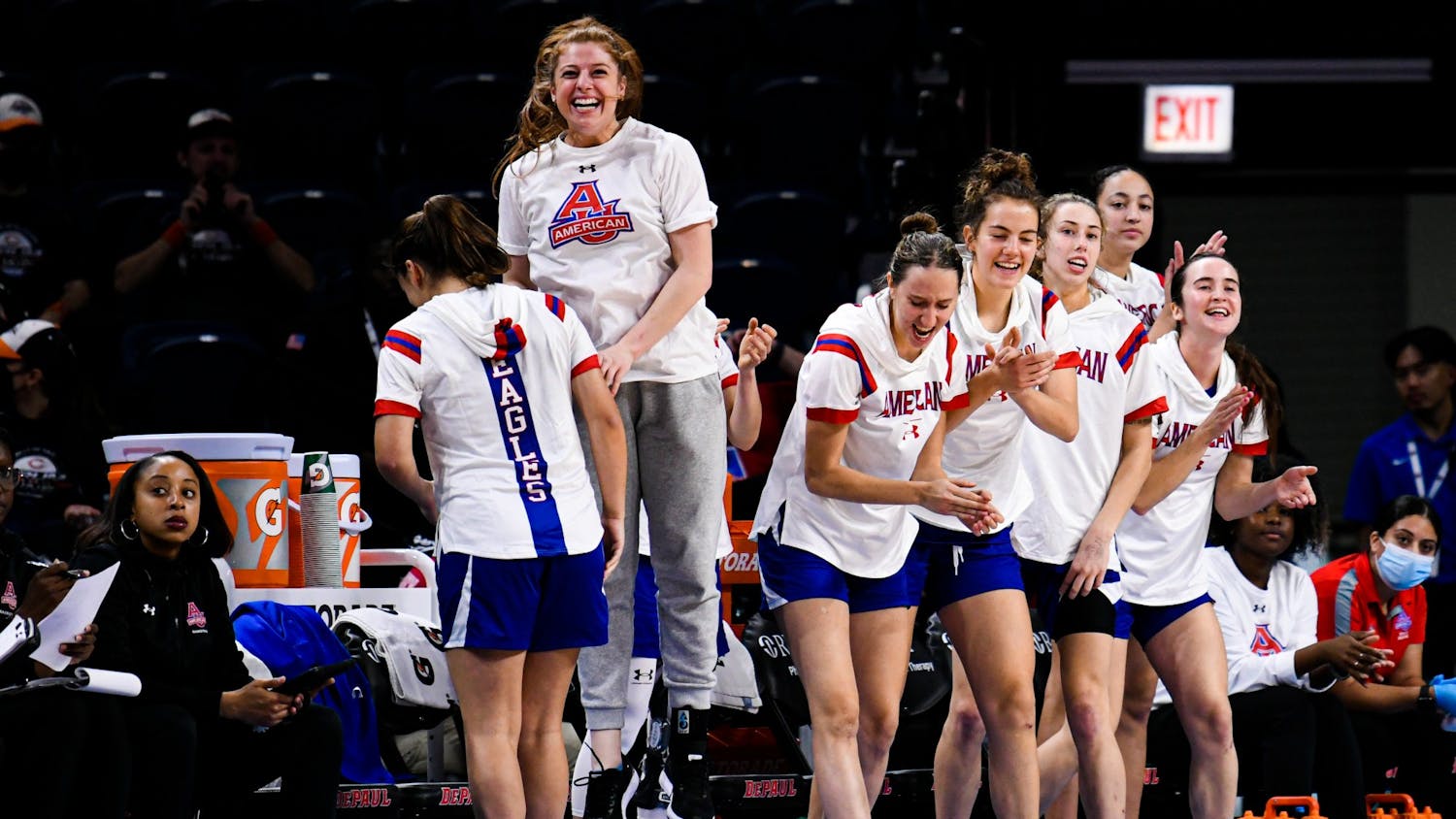In Washington, double-speak and controlling the message is the name of the game. It's true when it comes to politics, but do college athletes do the same thing?
Apparently they do. I was in the crowd of reporters at the Charlotte Bobcats training who were grilling Duke basketball player Shavlik Randolph about why the underperforming, often-injured "big white stiff" was considering the NBA draft. He said he was just looking for feedback. He fully intended to get in a last year in Durham.
He didn't have an agent, but he did a good spin job himself. He had me convinced, but that must mean I'm gullible. Randolph, who depended on a match-up with Army to get 23 points in the debut of his skidding career, is entering Tuesday's draft.
But when the draft comes around, he won't be alone. There will be a lot more Shavliks available than there should be, if you do the numbers.
More than 60 underclassmen tossed out their college eligibility in favor of the draft this year. Only 60 players can be selected, so everyone should know that simple mathematics is working against them.
If they don't realize this, their agents should have told it to them in between negotiations with the Ukrainian basketball clubs, which is the highest point some of them will ever reach. Just ask ex-Blue Devil William Avery, who's playing in a town this Russian major hasn't even heard of.
Nothing can really be done to fix this - if it even needs repair. Americans with Division I experience can make decent money overseas, even if it does mean living in a Stalinist apartment block and taking a streetcar packed with disenchanted xenophobic youth to practice.
Even AU's Raimondas Petrauskas decided to take his game to The Netherlands, and Holy Cross big man Patrick Whearty took off for France. They now wait to show Randolph that the Patriot League and the Atlantic Coast Conference labels don't matter in Europe.
The new league rules might change this a little bit. The age limit being raised to 19 will put a stopper on undrafted high schoolers who end up searching for their niche in the USBL. That will keep the NBA from being the National Babysitters Association and encourage young players to get in a year of college and a little life experience.
This still ends up wasting the time of universities, who have to put out resources for a student who is using that year purely as a stepping stone to the NBA and will probably quit classes midway through the second semester. They won't do the school's APR rating any good, either, unless they can earn a degree by their third year in the pros. That's seems unlikely, seeing how Shaquille O'Neal took more than a decade to pick up his MBA, and from the University of Phoenix at that.
But for all the questioning and criticism these guys get, nothing observers say is going to change their minds. The answer to why so many people are giving up college for the NBA despite no guarantee of being drafted or even a paycheck is pretty simple: More than anything else, they love playing basketball.
When somebody is that in love with a sport, and is competitive enough to play at such a high level, you can't tell them to not put it first. If a guy works his way into one of the top college programs or gets invited to an NBA workout, that's a sign that he's spent too much time in the gym to not keep basketball first. Throw money into the mix - even if it's in the form of rubles - and the pot gets even sweeter.
Randolph's not stupid to bypass his last few classes toward a Duke diploma. Like all his colleagues, he just wants to play ball.




